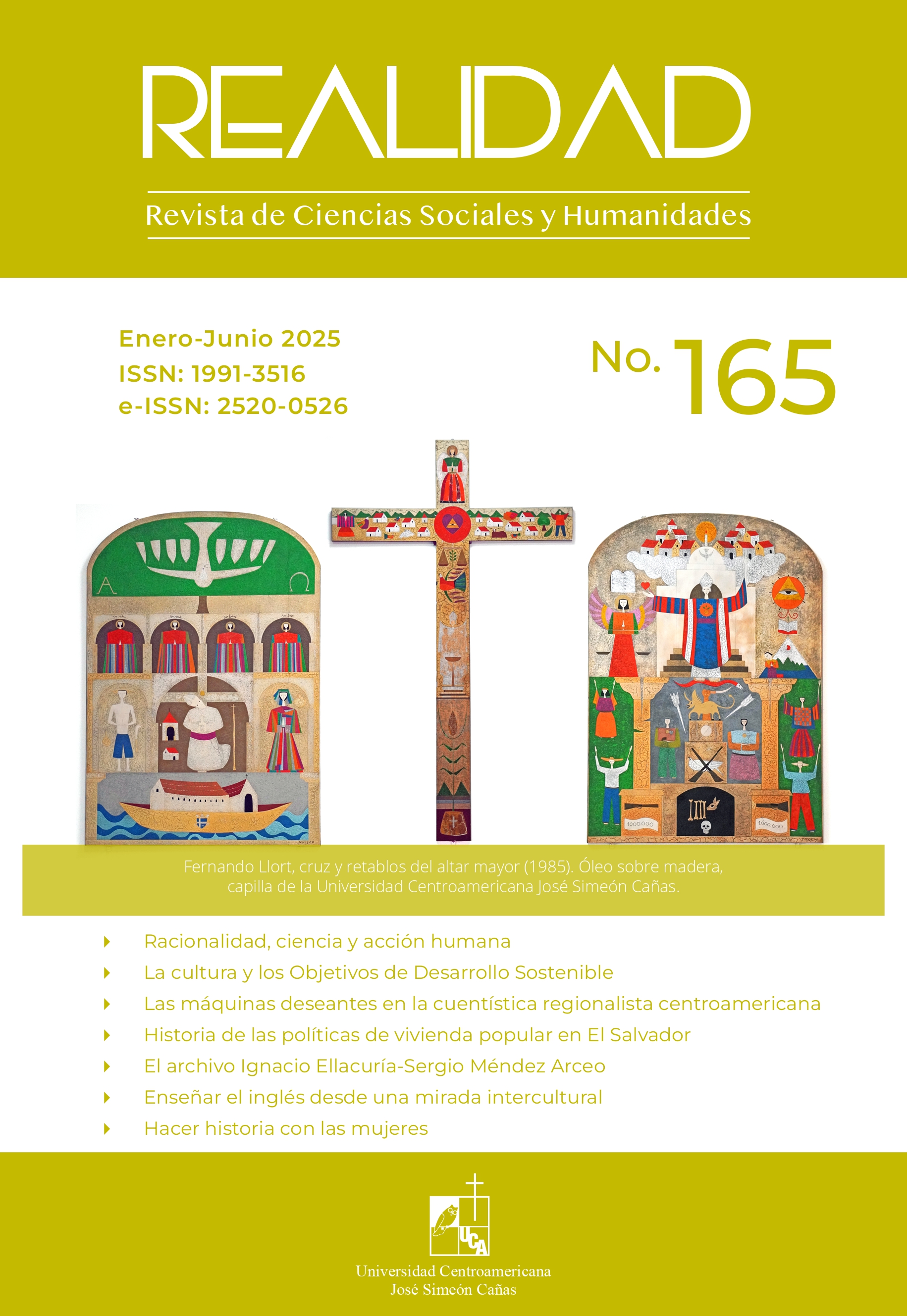Abstract
This text analyzes the role of rationality and science in modern society and its limits on human action. Karl Marx argues that rationality, both in scientific knowledge and practice, is a key element to social change and progress, highlighting the relation between knowledge and power. Max Weber characterizes modernity in terms of rationalization which, although it fosters an optimal social action, it limits freedom and individual creativity due to bureaucratization. Weber also discriminates technical rationalization of subjective rationalization, pointing at the limits of scientific rationalization. Meanwhile, Norbert Elias considers civilization as the result of human interactions and not as a product of pure rationality. He maintains that science must point at what is possible, leaving the responsibility of decisions in the hands of the individual. He also warns against the illusion that social sciences can exempt the individual from his or her responsibility. This analysis provides a critical comprehension on how rationality and science influence social development and individual autonomy.
Realidad: Revista de Ciencias Sociales y Humanidades No. 165, 2025: 8-32.
References
Bourdieu, P. (1999). Praktiskt förnuft. Bidrag till en handlingsteori. Daidalos.
Brubaker, R. (1984). The limits of Rationality. An essay on the Social and Moral thought of Max Weber. Routledge.
Descartes, R. (1996). Discourse on the method: and Meditation on first philosophy. Yale University Press.
Dodd, N. (1999). Social Theory and Modernity. Polity Press.
Elias, N. (1989). Civilasationsteori. Sedernas historia. Atlantis.
Gadamer, H. G. (1979). Historical Transformations of Reason. En Theodore F. Gerates (ed.) Rationality Today. University of Ottawa Press.
Habermas, J. (1984). Den rationella övertygelsen. En antology om legitimiteten, kris och politik. Akademiliteratur.
Habermas, J. (1996). Kommunikativt handlande. Texter om språk, rationalitet och samhälle. Daidalos.
Heller, A. (1999). A theory of Modernity. Blackwell.
Heidegger, M. (1974). El ser y el tiempo. FCE.
Horkheimer, M. y Adorno, T. W. (1970). Dialéctica del Iluminismo. Sur.
Horkheimer, M. y Adorno, T. W. (1981). Upplysningens dialektik. Daidalos.
Hoyos, L. (2007). Ética y racionalidad práctica. Diánoia 52(58), 95–123. https://doi.org/10.21898/dia.v52i58.323
Kalberg, S. (1980). Max Weber’s type of rationality. Cornerstones for the Analysis of Rationalization Processes in History. American Journal of Sociology, 85(5), 1145-1179. http://www.jstor.org/stable/2778894?origin=JSTOR-pdf
Kahneman, D. (2012). Pensar Rápido, pensar despacio. Academia.edu. https://shorturl.at/Pe15J
Lloyd, G. (1999). Det manliga förnuftet. Manligt och kvinnligt i västerländsk filosofi. Thales.
Lukes, S. (2005). Power: A Radical View. Palgrave, Macmillan.
Marx, K. (1976). Wage- Labour and Capital: Value, price, and profit. International Publisher.
Marx, K. (1989). Critique of the Gotha Programme. International Publisher.
Mommsen, W. J. (1989). The Political and Social Theory of Max Weber. Collected Essays. Polity Press.
Ritzer, G. (2000). Sociological Theory. McGraw-Hill.
Smith, A. (2000). The Wealth of Nations. Random House International.
Slater, D. y Tonkiss, F. (2001). Market Society. Polity Press.
Weber, M. (1949). The Methodology of the Social Sciences. The Free Press.
Weber, M. (1964). Werk und Person. J. C. B. Mohr.
Weber, M. (1970). Essays in Sociologí. Routledge & Kegan Paul.
Weber, M. (1978). Economy and Society. An Outline of Interpretive Sociology. Volumen 2. University of California Press.
Weber, M. (1986). Kapitalismens uppkomst. Timbro.
Weber, M. (1995). Den protestantiska etiken och kapitalismens anda. Argos.
Zetino, M. (2003). Vi kanske kommer igen, om det låser sig. Kvinnors och mäns möte med familjerådgivning. Lund University.
Zetino, M. (2006). Empoderamiento y prevención. Estudios Centroamericanos, 61(693-694), 701-727. https://doi.org/10.51378/eca.v61i693-694.3636

This work is licensed under a Creative Commons Attribution-NonCommercial 4.0 International License.
Copyright (c) 2025 Mario Zetino Duarte






